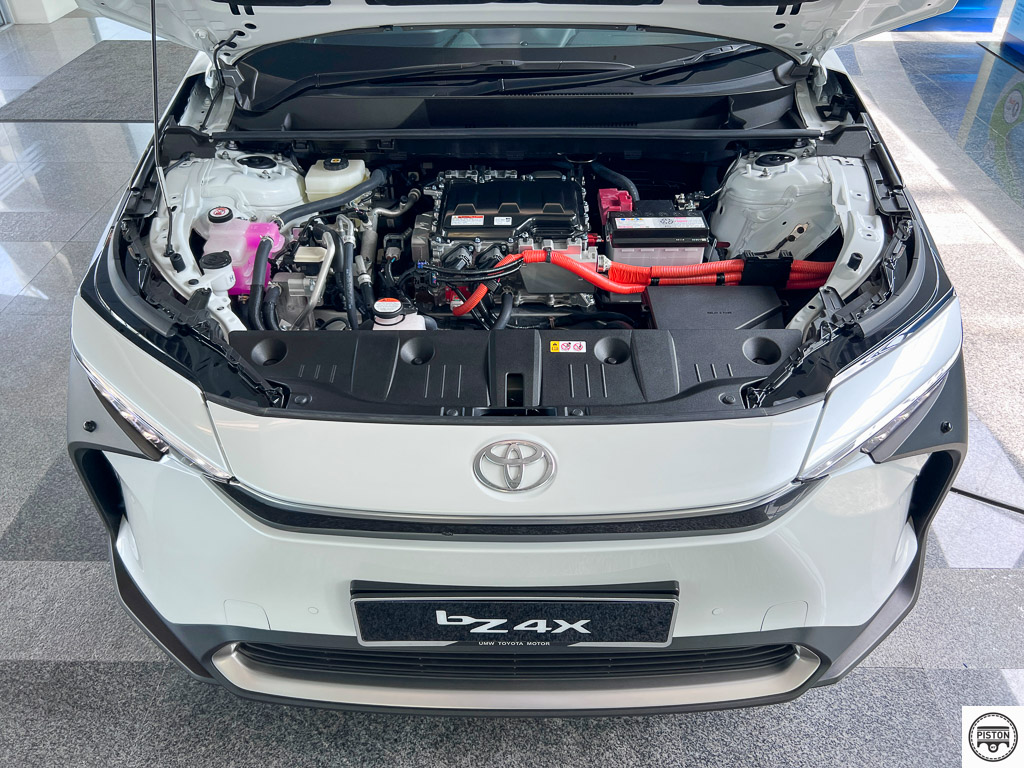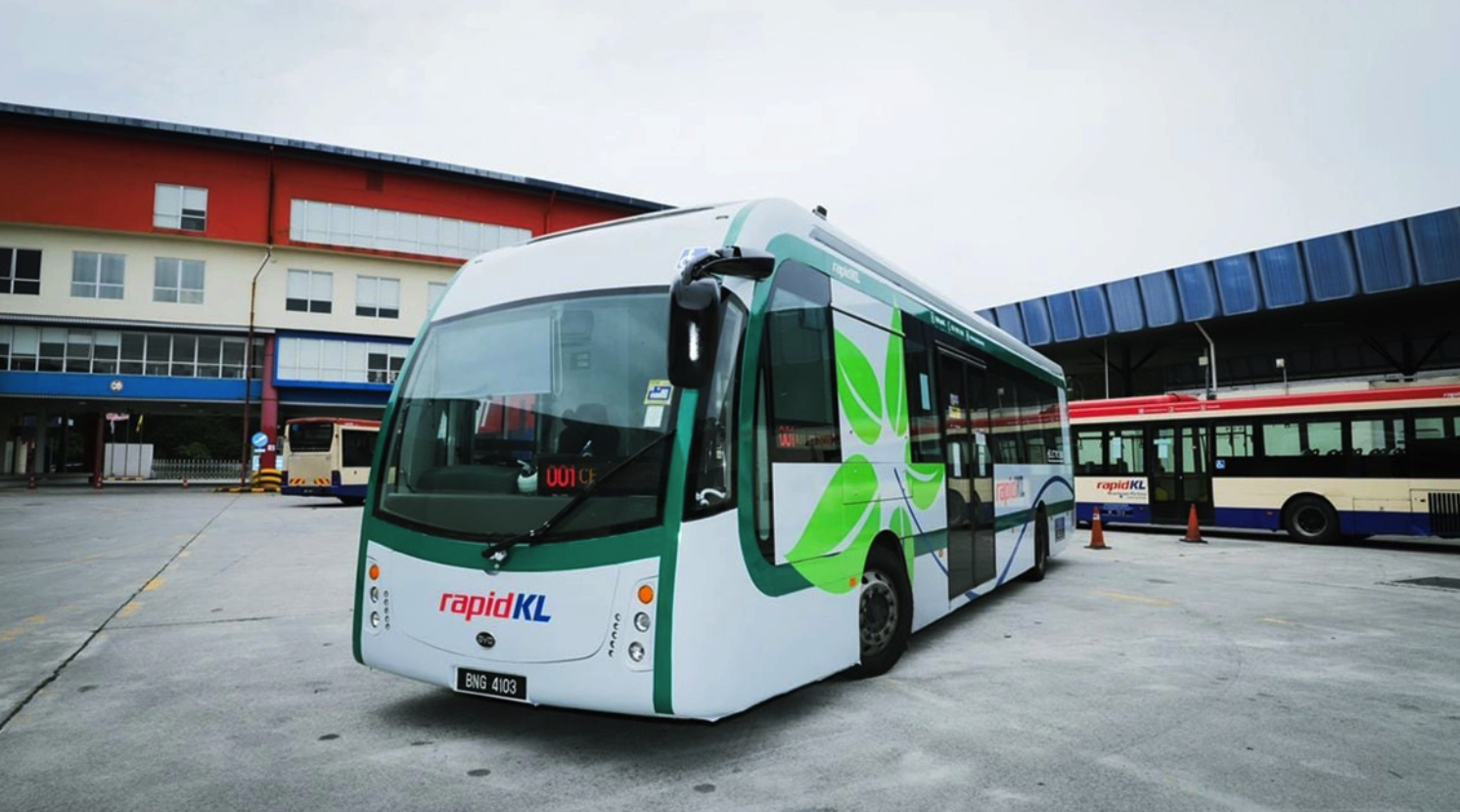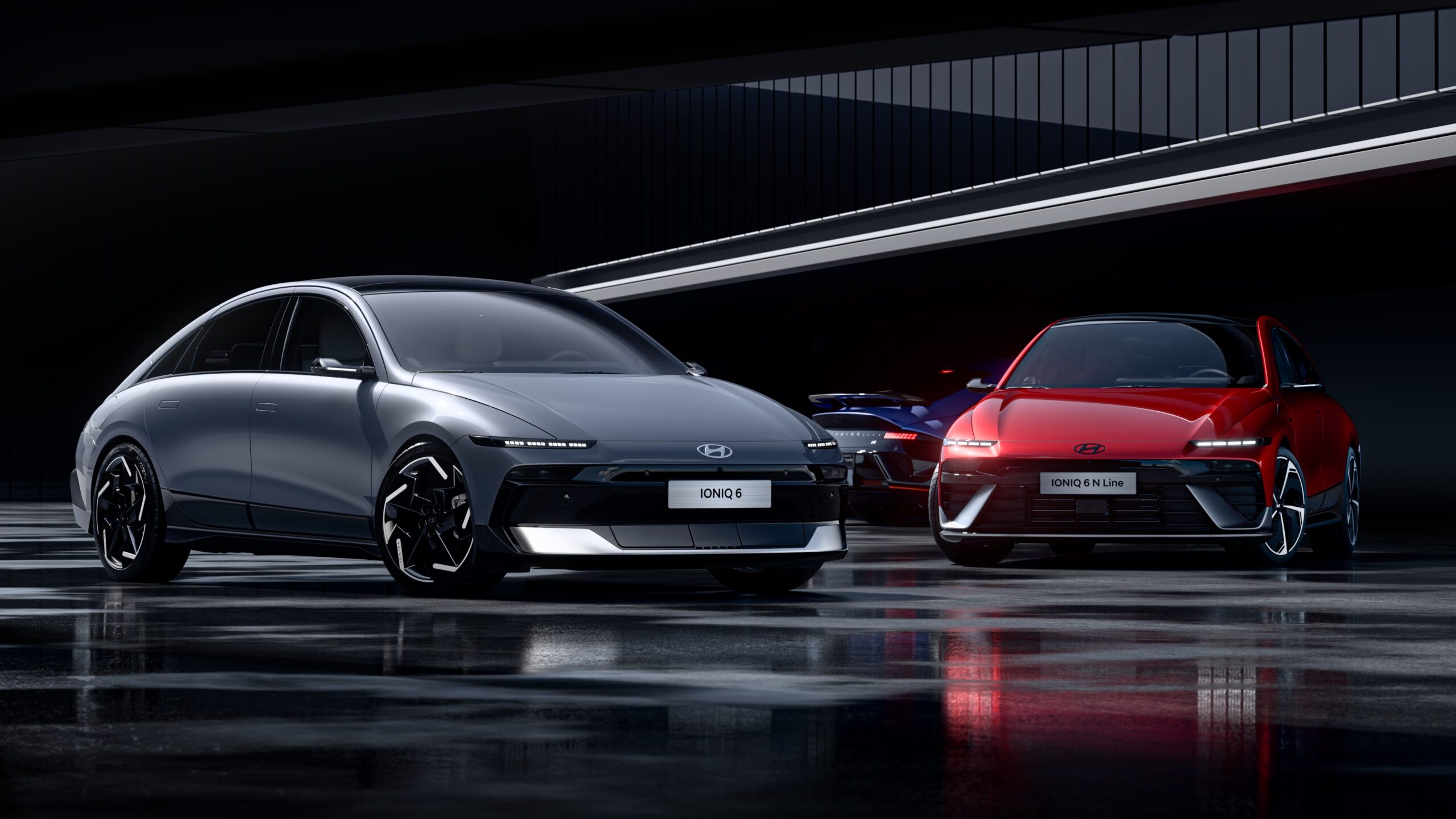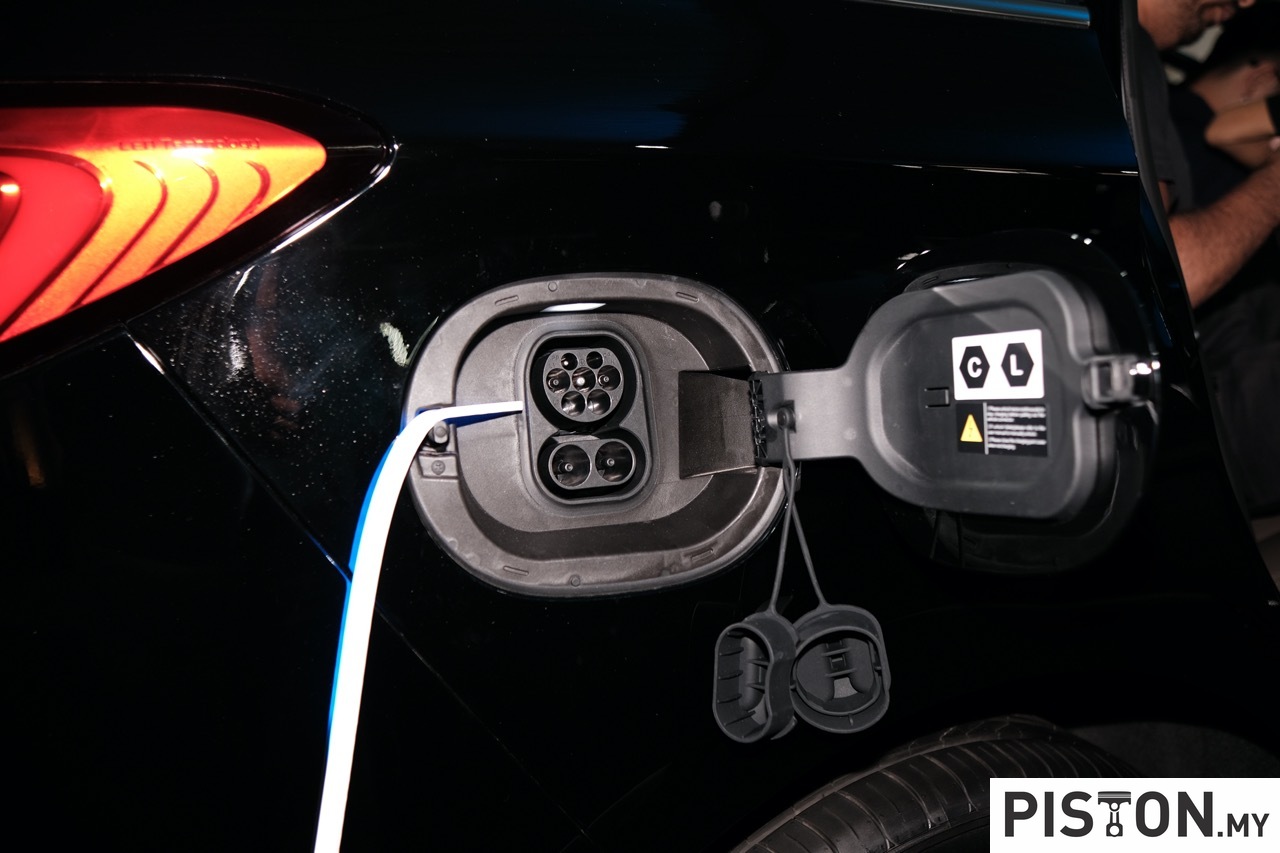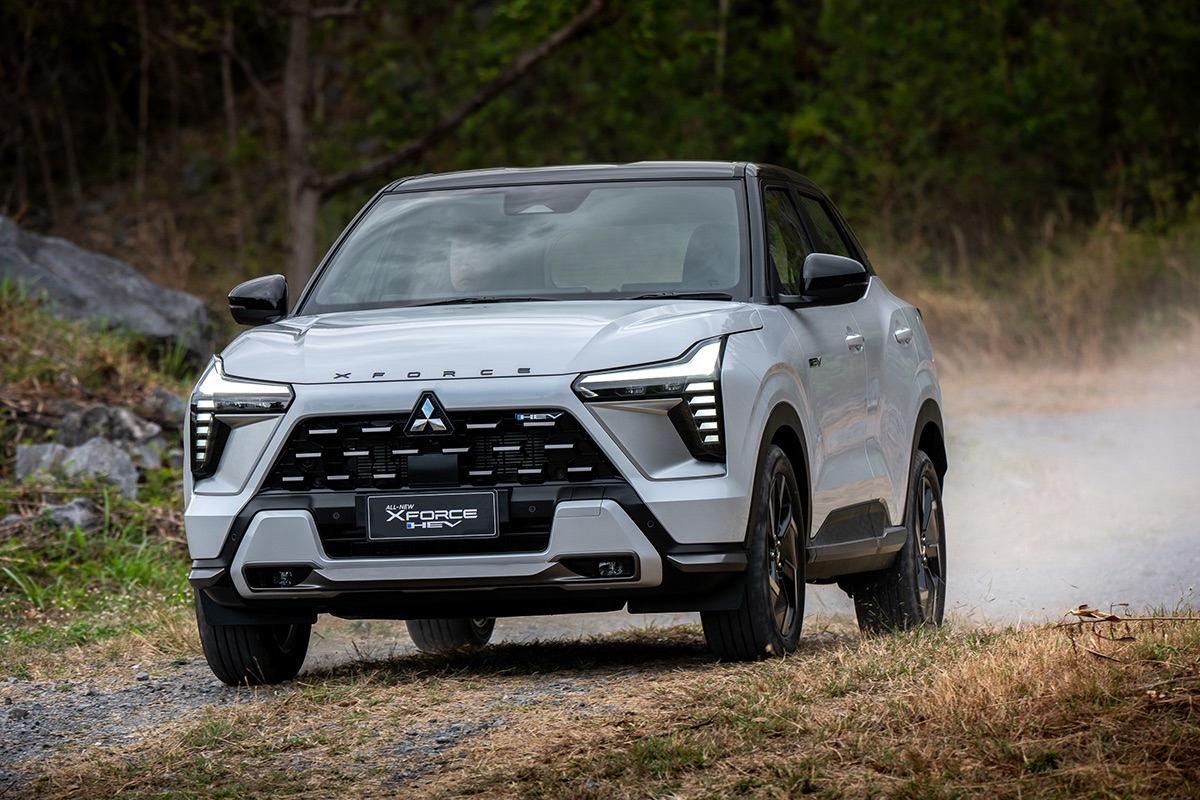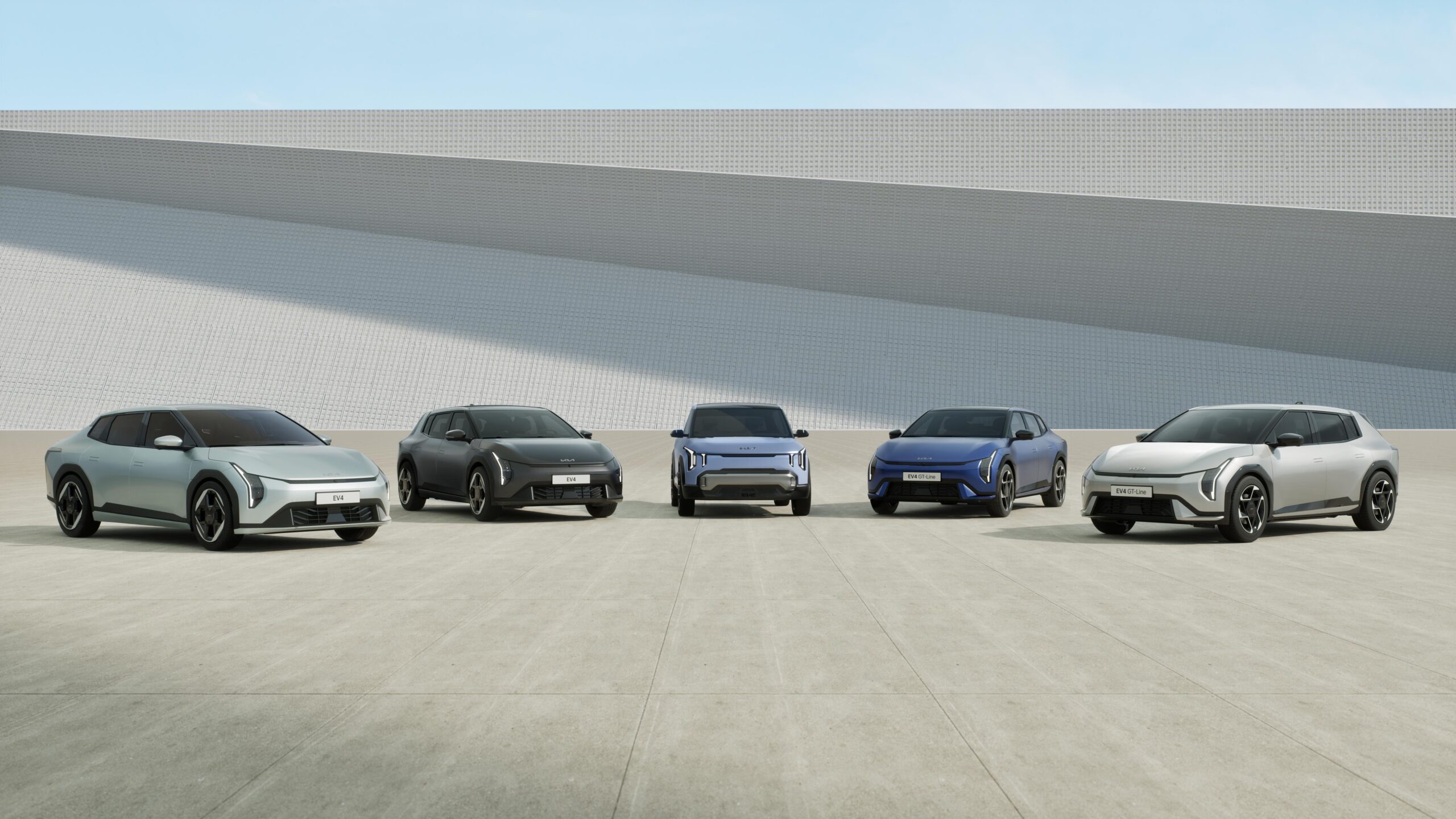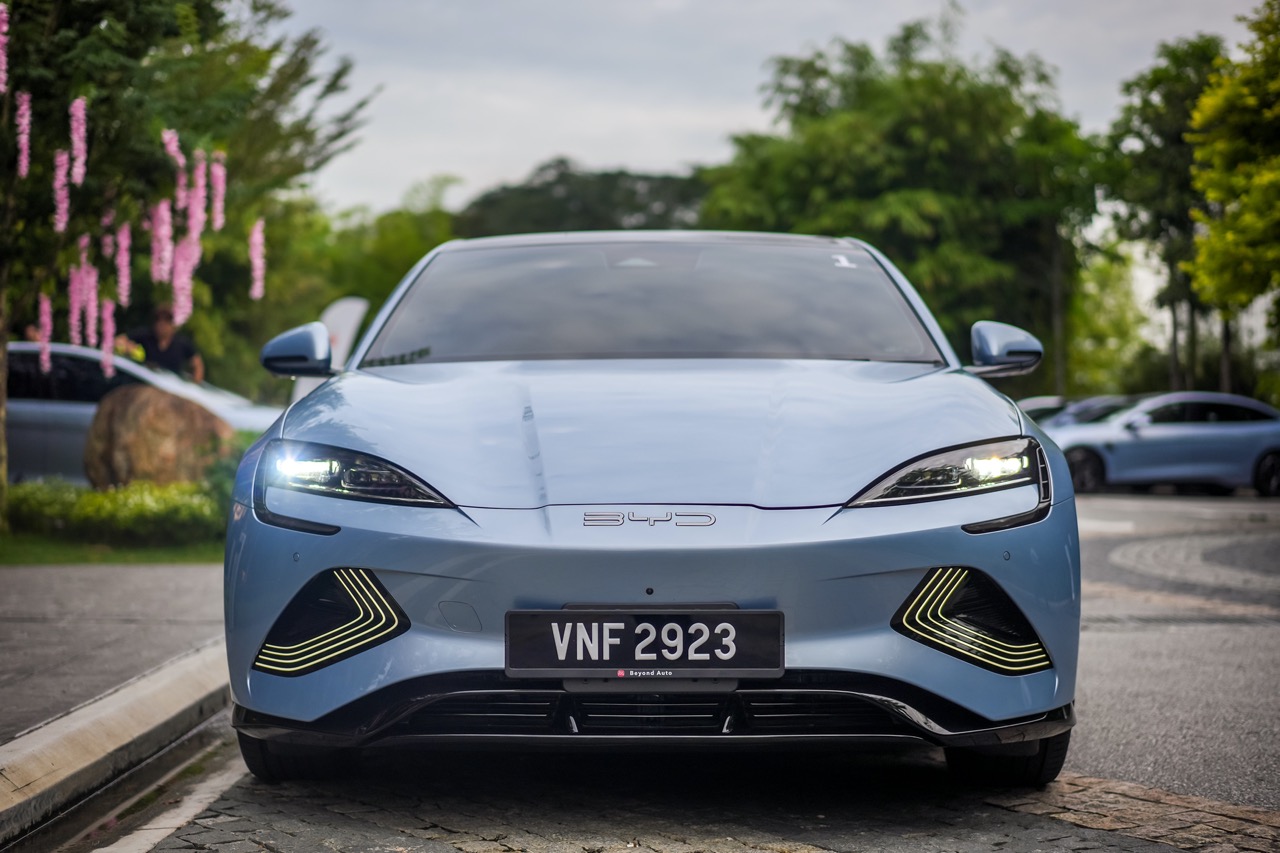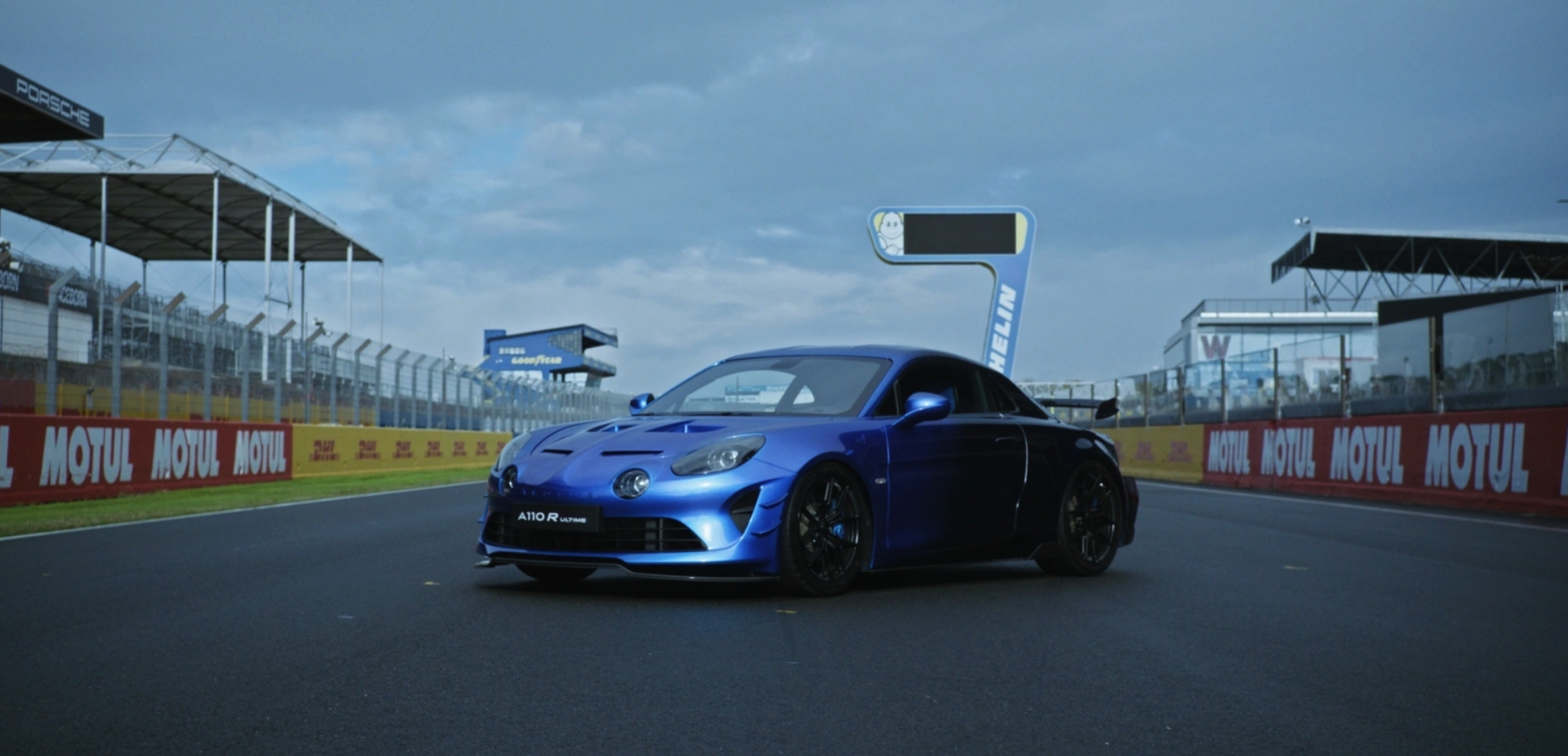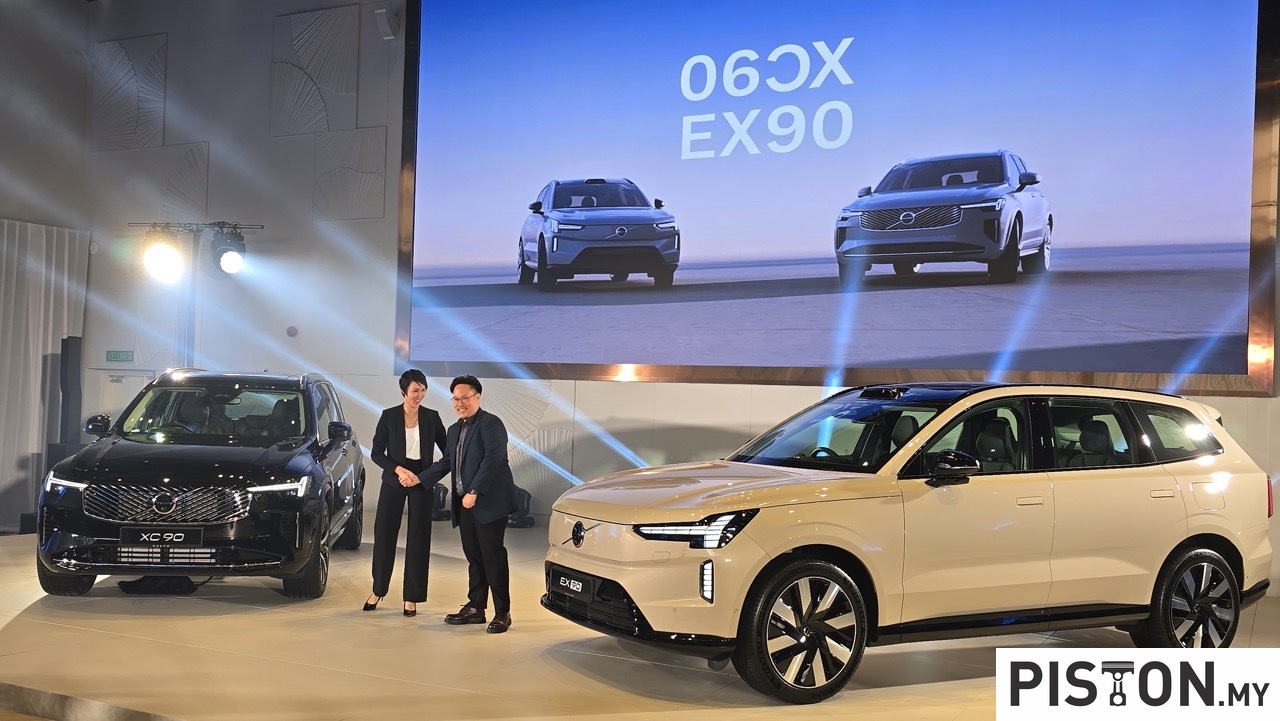Toyota is preparing to reduce its electric vehicle (EV) production goals for next year, revising its original target of producing 1.5 million EVs by 2026 to 1 million. A Toyota spokesperson clarified that this figure isn’t a strict target but rather a guideline aimed at improving the company’s infrastructure and supply chain for battery electric vehicles (BEVs).
However, Toyota isn’t alone in reassessing its EV ambitions. Other major automakers like Volvo, Porsche, Mercedes-Benz, General Motors, and Ford have also scaled back their EV production plans.
Recently, Volvo revealed it would no longer aim to be fully electric by 2030. Instead, it plans to retain some hybrid models, targeting 90-100% of its sales to be from fully electric or plug-in hybrids by 2030. Similarly, Porsche announced in July that its goal of achieving 80% EV sales by 2030 depends on market demand and technological advances.
Mercedes-Benz adjusted its targets as well, now expecting EVs and hybrids to comprise 50% of its sales by 2030, five years later than previously planned. In June, General Motors lowered its EV production forecast, and Ford followed suit by scrapping its plans for a large three-row all-electric SUV.
These shifts reflect challenges facing the global auto industry, including varying rates of EV adoption across markets, supply chain disruptions for critical materials like lithium and cobalt, and the rollback of government subsidies in key regions. Additionally, in areas with limited EV charging infrastructure, consumer hesitation remains a hurdle to widespread EV adoption.




